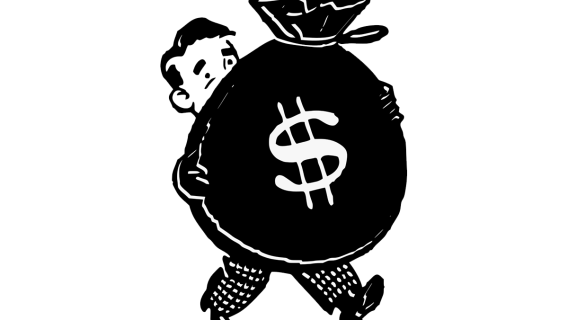When the market is led higher by only a handful of stocks, like it has been for the last year-plus, investors who don’t own those stocks often get fearful that they may have missed the boat. Meanwhile, investors who do own those stocks start getting concerned that they may not have much more room to run.
Luckily, plenty of stocks and other investments resist or even move counter to the markets’ swings, and adding some of the best safe investments to your portfolio can make checking your performance feel less like being on a rollercoaster and more like driving across Kansas.
Here are my three best safe investments to add some counterweight to a portfolio.
[text_ad]
Best Safe Investment #1: Preferred Stocks
Preferred stocks are one of the best safe investments for income seekers. They are a great way to add regular income and counter-cyclicality to your portfolio. For example, let’s talk about PGX, the PowerShares Preferred ETF. It’s an exchange-traded fund that holds preferred shares. That means it buys and holds preferred stock issued by all sorts of companies, although the most common issuers are financial companies.
Preferred stock is similar to a bond but it’s neither a bond nor common stock. It’s a different kind of debt that some companies choose to issue.
Preferred shares represent debt, like a bond or loan. They do not represent or confer ownership, so the shares won’t appreciate in value like equity.
Also, the distributions are fixed, like interest on a bond. So you’d only buy a preferred or a preferred ETF like PGX for steady income, not dividend growth.
So owning PGX is more like owning a bond fund than a financial sector ETF. PGX is currently trading near historic lows and is offering a yield of 6.2%.
Best Safe Investment #2: Consumer Staples
Based on several measures of volatility, financial stocks and energy stocks have been by far the most volatile sectors over the past few decades. The least volatile sectors? Consumer staples are some of the best safe investments.
Consumer staples are things like groceries, personal care products and household items that people tend to buy regardless of economic conditions. The sector includes many high-quality blue-chip stocks, like Procter & Gamble (PG) and Colgate-Palmolive (CL).
A more traditional play on the consumer staples sector would be a food company like Flowers Foods (FLO), maker of Wonder Bread and other packaged bakery goods.
Best Safe Investment #3: Utilities
Finally, utilities have a reputation for reliability and are one of the best safe investments. Utility stocks are known for being low risk—they’re often called “widow and orphan stocks” because they’re appropriate for just about any investor. Utilities deliver slow but steady growth and take advantage of that predictability to pass much of their cash through to investors as regular dividends. The average utility stock yields around 3%.
Like consumer staples companies, utilities have very reliable revenues because demand for water and power doesn’t change much even when the economy slows down or the stock market falls or grinds sideways like it’s doing now.
Utilities typically have more defensive businesses that tend to hold up well in a bad economy. They are probably the best sectors to be in when the market turns south.
Even when investors get optimistic and greedy, they still have one foot on safety. And part of that rationale is to help keep from getting exuberant in the good times and setting yourself up for underperformance if the market reverses course.
[author_ad]
*This post is periodically updated to reflect market conditions.

